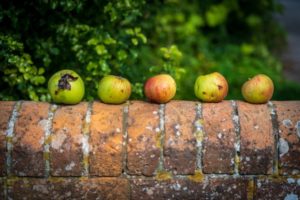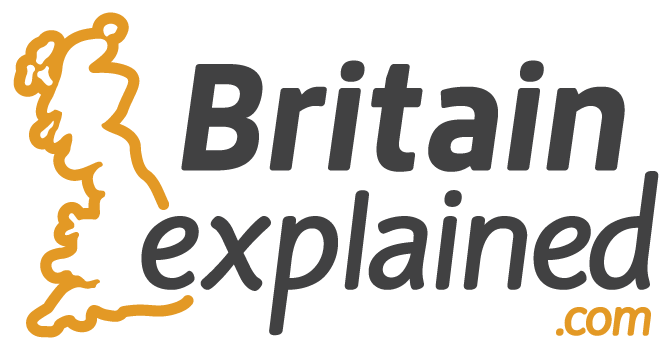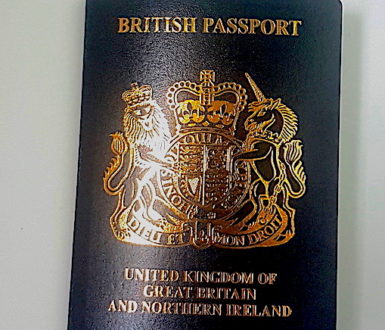The rules about importing food and drink

If you’re travelling to the UK, you are sure to know that you can’t bring a large bottle of liquid in your hand luggage. But did you know you might not be able to bring an apple in your lunchbox either?
This is because there are strict rules about importing plants or plant products (which includes wood and bark). Some plants are banned and for others you need a special certificate that shows there is no risk of spreading pests or disease.
Plant material includes fruits, vegetables, seeds, bulbs, tubers, plants or flowers, while plant products includes wood and bark. This all sounds very agricultural, but it actually rules out pretty much all fresh produce (even if you bought it in a supermarket), some cut flowers and also rustic wooden ornaments – unless you want to get involved in a lot of paperwork at the border.
The rules apply mostly to travel to the UK from countries outside the EU at the moment, but this could change.
It’s worth knowing there are some fruits that don’t need a health certificate because there is no risk of them infecting British crops. These include fruits that aren’t commercially grown in the UK such as pineapples, dates, durians, bananas and mangoes. Processed or packaged products are OK too (or example sandwiches, packaged salads, frozen fruit or nut butters).
Travelling from the UK is also complicated. For example, you are not allowed to take any meat or dairy products into the European Union from Britain, including sausages, cheese or cream cakes – even as a snack, or pet food. But luckily for hungry people and animals, you are allowed up to take up to 2kg of honey or 20kg of processed fish…
- Read more about the rules for importing plant, meat and dairy products on the main government website.
Image: Nick Fewings/Unsplash



